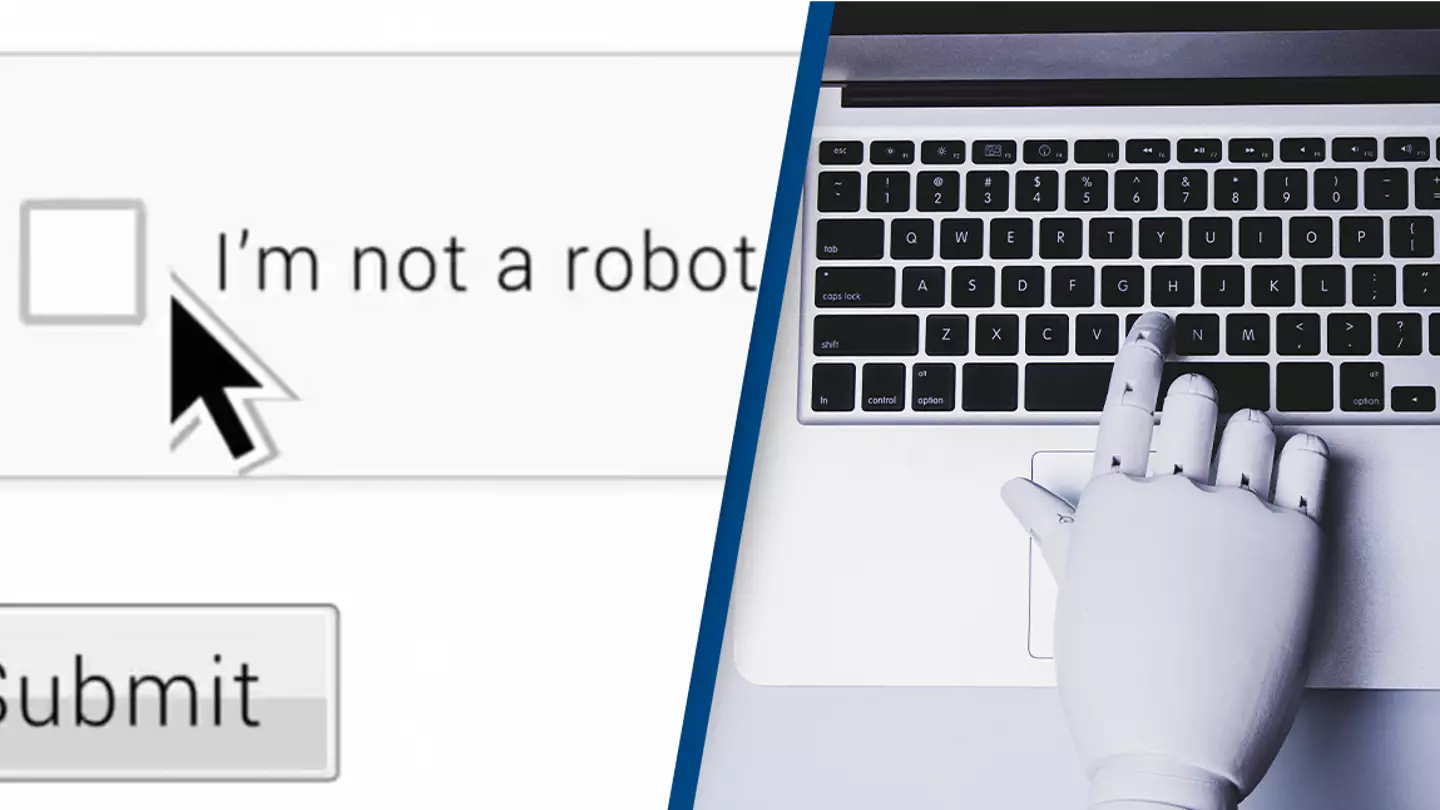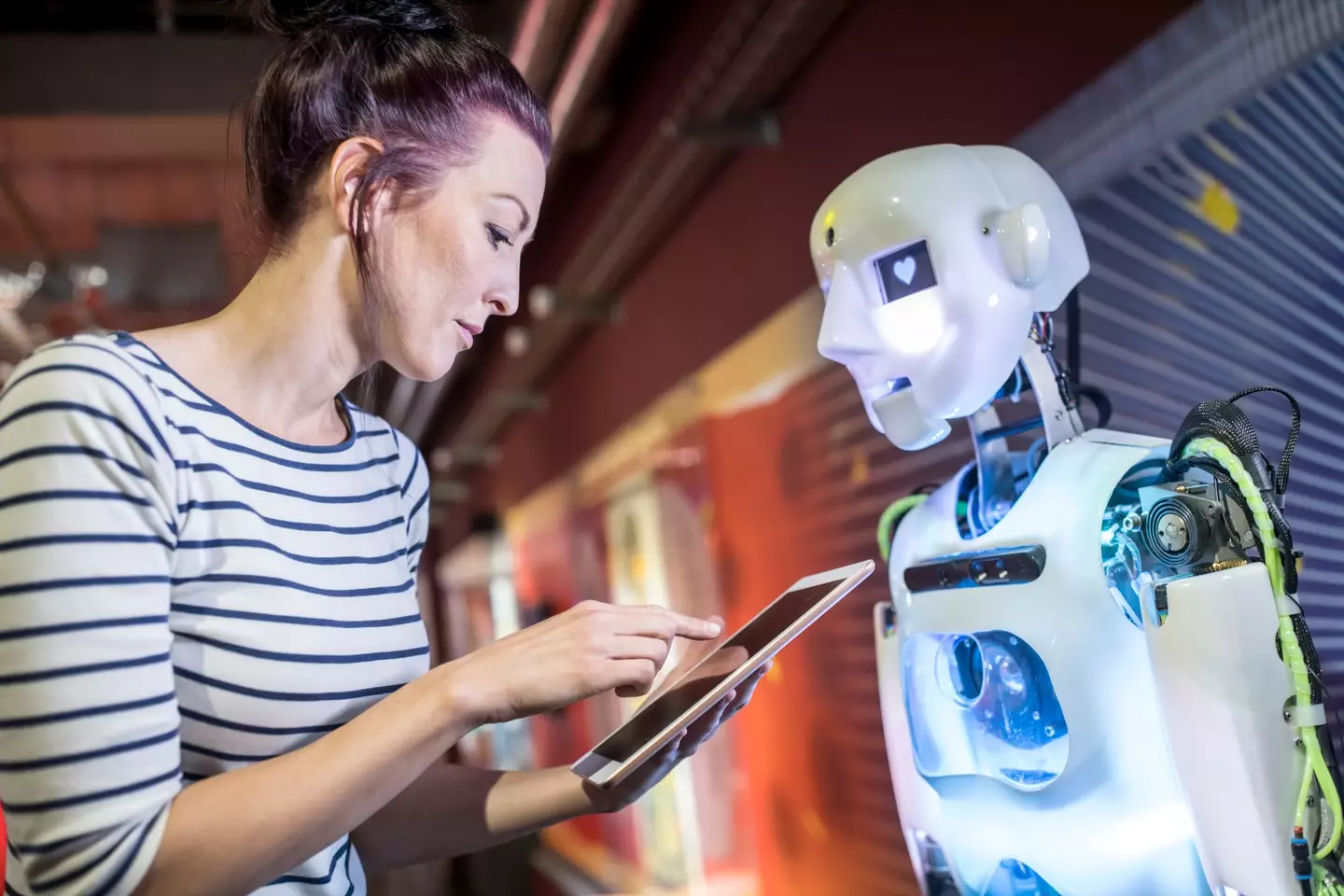
As Alanis Morrisette would say 'isn't it ironic, don't you think?'
It turns out robots are actually better and significantly faster than humans at cracking Captcha tests.
For the past 20 years, Captcha (which stands for Completely Automated Public Turing test to tell Computers and Humans Apart) tests have been used as security checks by websites to block potentially harmful bots.
The tests present the user with puzzles that are meant to be easy for us to solve – but hard for computers.
Advert
But over time they've become increasingly difficult for humans to solve and now it seems the robots are flying through them with ease.
In a new study, published on arXiv, scientists assessed 200 of the world's most popular websites and found 120 still used Captcha.

They then asked 1,000 online participants, who varied in location, age, sex and educational level, to take 10 captcha tests on these sites so they could assess how difficult they were.
And then they got the bots to do the same tests.
They found the bots could beat the humans in both speed and accuracy.
While some of the tests took the humans between nine and 15 seconds to solve, with an accuracy of about 50 to 84 per cent, the bots cracked them within a second.
“The bots’ accuracy ranges from 85-100 per cent, with the majority above 96 per cent. This substantially exceeds the human accuracy range we observed (50-85 per cent),” scientists wrote in the study.
The only type of captcha test showing similar accuracy levels between bots and humans were the reCAPTCHA-image test – you know, the ones where you have to select picture squares that include a stoplight, or a zebra-crossing.
Humans had an accuracy of 81 per cent, but bots still outperformed them, with an accuracy of 85 per cent.
The researchers are now calling for better ways to protect websites.
Captcha software was developed by Luis von Ahn and Ben Maurer and was acquired by Google in 2009.
The software at the time was purely word-based.
Users would have to type out what slightly jumbled letters they saw on the screen before them.
Soon, Captcha required people to start identifying street numbers, with Google confirming: “We’re currently running an experiment in which characters from Street View images are appearing in CAPTCHAs.
“We often extract data such as street names and traffic signs from Street View imagery to improve Google Maps with useful information like business addresses and locations.”
Topics: News, Technology
